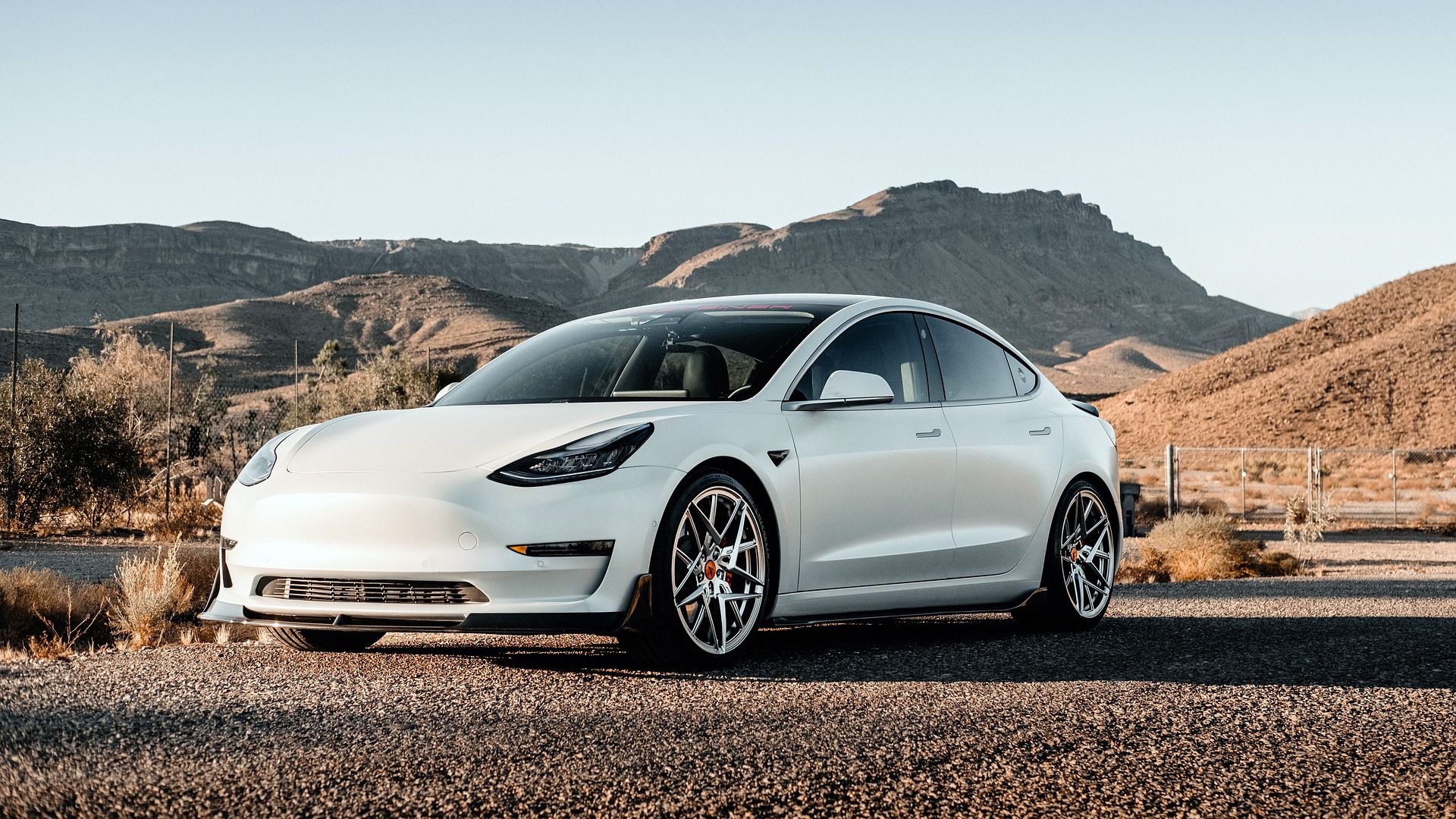Pushing Boundaries with Hydrogen Fuel Cell Technology in Cars
The quest for sustainable automotive solutions has led to the exploration of several alternative fuel sources. One such promising technology is Hydrogen Fuel Cell (HFC) technology. This article delves into the rich history, current trends, and future implications of HFC vehicles, providing an in-depth look at this remarkable development in the automotive industry.

Emergence and Evolution of Hydrogen Fuel Cell Vehicles
The concept of hydrogen fuel cell vehicles has been around for decades, with General Motors unveiling the world’s first prototype, the Electrovan, back in 1966. However, the technology was too expensive and complex for mass production at the time. It wasn’t until the early 21st century that several automakers, including Toyota, Honda, and Hyundai, began to seriously explore HFC technology, leading to the introduction of the first commercially available hydrogen fuel cell car, the Toyota Mirai, in 2014.
The Science Behind Hydrogen Fuel Cells
Hydrogen fuel cells work by combining hydrogen and oxygen to produce electricity. This process is entirely clean, as the only byproduct is water vapor. It’s a promising prospect for an industry that strives to reduce its carbon footprint. The energy produced by the fuel cell is used to power an electric motor, which propels the vehicle.
Current Trends and Developments
Today, the HFC technology is largely seen as a viable solution for long-range electric vehicles as they can offer a driving range comparable to gasoline-powered cars with refueling times of just a few minutes. Several automakers continue to invest heavily in this technology, with new models such as the Hyundai Nexo and Honda Clarity Fuel Cell hitting the market.
Challenges and Opportunities
Despite the many advantages, HFC technology does face significant challenges. One of the largest obstacles is the lack of infrastructure, as hydrogen refueling stations are not as widespread as conventional gas stations or even electric charging stations. However, there is a lot of potential for growth in this sector, with governments and private companies worldwide investing in the development of hydrogen fuel infrastructure.
Impact on the Automotive Industry
The rise of HFC technology could dramatically change the automotive industry. While electric vehicles have been the primary focus, hydrogen fuel cell vehicles offer another path towards a sustainable automotive future. This technology could potentially revolutionize the industry, offering a clean, efficient, and practical alternative to traditional fossil fuel vehicles.
Hydrogen fuel cell technology represents a significant step towards a greener automotive future. Despite the challenges, the potential benefits of this technology make it a compelling area of exploration for automakers, governments, and consumers alike. As we move forward, it will be fascinating to see how this technology evolves and influences the automotive landscape.






